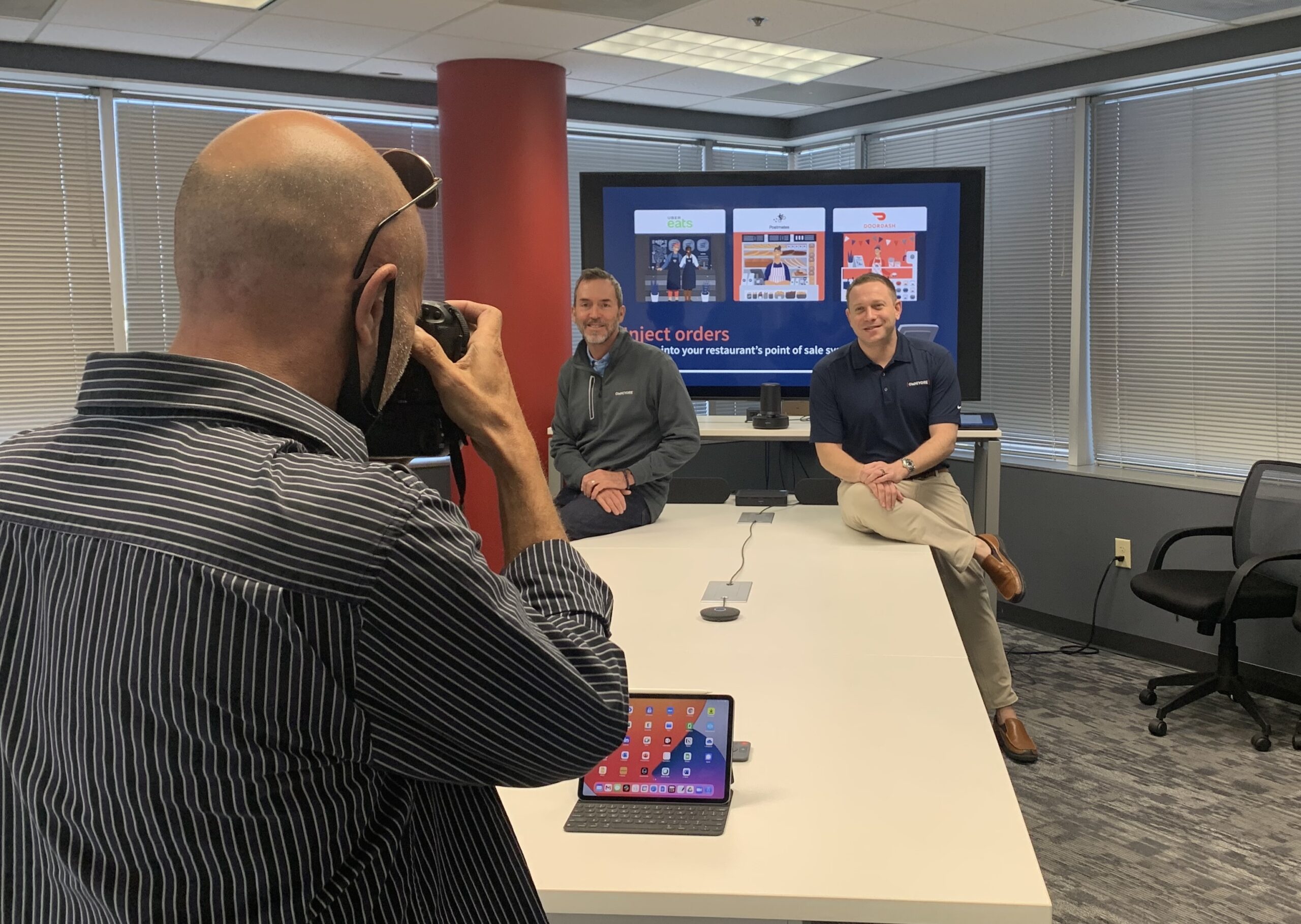
Pre-pandemic, online ordering and restaurant delivery was starting to take off. When in-person dining became limited – or eliminated – in 2020, it changed the way consumers viewed dining options. Overnight, restaurants shifted from an almost-exclusive focus the dining experience to delivery options, which consumers wanted for safety and convenience.
Restaurant owners could fill many more delivery orders than turn tables, and it created an opportunity quickly test new menu items and even entirely new restaurant concepts. In addition, ghost kitchens, where food could be exclusively prepared for delivery, launched. These changes placed intense pressure on existing technology infrastructure.
Challenge
To meet these demands, restaurant technology provider Omnivore needed to reposition its powerful API and flagship product, Menu Management System (MMS), which allowed restaurant’s point-of-sale to connect directly with third-party restaurant delivery providers and other restaurant technologies. Its MMS product reduced costs, increased accuracy and improved efficiency for restaurants on delivery platforms, while the API provided flexibility in the technologies that restaurants needed to use.
The company had been focused on serving major national restaurant brands, and its leaders knew there was opportunity to growth with regional restaurant companies. At the same time, Omnivore was transitioning from a lean startup model to positioning as an attractive acquisition target.
It was time to solidify the company’s position as the leading technology provider in the restaurant technology space.
Solution
B2 worked with Omnivore’s investors and senior leadership team to understand the company’s growth plans and value propositions, which guide B2’s approach to forming messaging and setting a communications plan. The next step was drafting Omnivore’s company positioning, unique selling proposition (USP) for its products, and defining the value to its customers.
Once solidified, B2 continued working as Omnivore’s fractional Chief Marketing Officer to bring the value propositions to life. B2 served as project manager for Omnivore’s website development firm who created a new website. B2 drafted new website copy and ensured a seamless user experience. Throughout the engagement, the agency wrote case studies that brought Omnivore’s value proposition to live.
With a new website, it was time to revise Omnivore’s social media for a cohesive digital experience. B2 audited the channels, developed a content strategy and led Omnivore through a persona exercise that defined the brand’s digital voice.
At the same time, B2 began positioning Omnivore as a local success story in Tampa Bay, which has an active entrepreneurial ecosystem and is a hotbed for restaurant concept development. B2 also began working with the restaurant trades, like Food on Demand, Restaurant Business and Restaurant Technology, to share Omnivore’s story and position Omnivore’s leaders as experts in restaurant technology.
B2 found that Omnivore had a credit with a creative firm, saving the company from spending more than $10,000 on creative services. With the creative firm, B2 led the development of three new explainer videos with custom illustration to support Omnivore’s new messaging and target audiences.
In addition, B2 developed the marketing and communications plan for Omnivore, which included negotiating trade show participation and limited ad buys and sponsorship of industry conferences and reports.
Success
The new positioning, digital presence and focused marketing & PR efforts resulted in brand visibility, credibility and trust in the restaurant marketplace. In turn, Omnivore saw more than double the website traffic and more qualified leads.
With more leads, Omnivore needed to grow its sales team. Because B2 alleviated marketing demands from Omnivore’s Chief Revenue Officer, he was able to focus on hiring and training an all-new sales team and developing new, effective sales processes.
Over time, B2 transitioned its fractional CMO duties to a marketing director, and the agency supported the marketing and sales department in tactical execution for public relations.
Omnivore achieved its acquisition goal in February 2022 – only 19 months after B2 and Omnivore began working together. Omnivore’s top competitor Olo acquired Omnivore for its integration capabilities, which filled a gap for the market leader.
